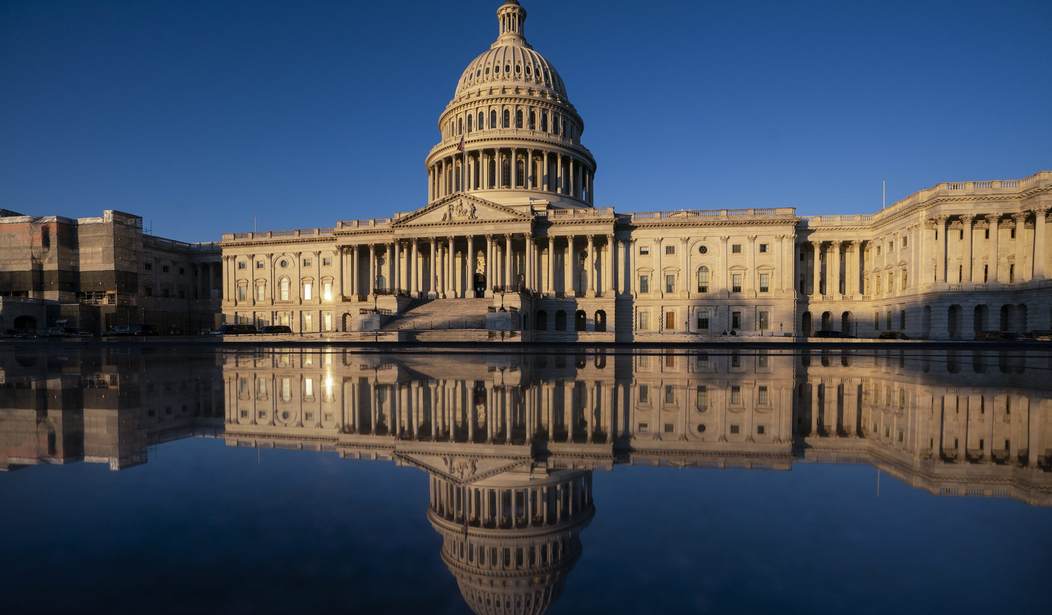President Trump’s February 4 State of the Union address to Congress provided more hope than ever before that the American people will finally get relief from high prescription drug prices. The president promised to sign any bill advancing this mission that arrives on his desk. Given that both Speaker Pelosi and Majority Leader McConnell have pledged to take on the high cost of drugs, Trump’s bill-signing promise is an encouraging sign change could come soon.
The president’s speech has prompted some chatter about which bills Congress can agree on and pass before the end of the year. Some intend to fix the surprise medical billing crisis, where insured patients are billed out-of-network rates. Others want to expand access to generic drugs by preventing insurance companies from putting generics on the same pricing tier as brand names. However, what hasn’t been talked about is what legislative actions Congress could take that would just make the drug cost problem get worse.
Take Sen. Elizabeth Warren’s Affordable Drug Manufacturing Act, for example. The bill would use government force to lower the cost of insulin. No doubt, insulin pricing is a concerning issue, with its cost increasing an unreasonable 64% since 2014. However, more government can’t solve this problem when it’s government that is the problem. Price controls and monopolies don’t work. The only reason the price of insulin has surged is that bureaucrats have allowed three companies to continue receiving patent extensions on insulin so others can’t enter the marketplace. These three companies, Eli Lilly, Sanofi and Novo Nordisk, dominate over 90 percent of the insulin marketplace – allowing them to eliminate their competition indefinitely, and yes, raise prices.
Congress doesn’t seem to understand the patent troll problem. It doesn’t seem to comprehend that the abuse and bureaucratic mismanagement of government IP laws is the equivalent of the worst kind of government red tape, creating an insurmountable barrier to entry in the marketplace. In fact, legislation currently before Congress can open the floodgates for more special interest groups to raise drug costs on consumers by carving out loopholes to U.S. patent law.
For example, one bill, called the Lumbee Recognition Act, would allow a group that many historians and genealogists do not believe to be of Native American descent to gain federal recognition as such anyway.
The precedent this bill could set is dangerous. A handful of Native American tribes have already tried using their self-governing status and independence from the U.S. government to work with drug companies in avoiding U.S. patent law, thereby extending the life of patents indefinitely. Like the big three insulin companies, they can then increase costs without fear of receiving any competitive pushback or pressure. Unlike the big three insulin companies, their loopholes tend to be permanent.
If Congress grants federal recognition to a group that has changed its supposed tribal identity four times over the years, the precedent would allow just about anyone with enough lobbying and advocacy power to do the same – obtaining independence from the U.S. government to circumvent patent law. In one fell swoop, this unusual practice will expand, all because of the Congress’ seeming ignorance of the patent troll problem.
Make no mistake about it: the cost of drugs in America is far too high. America spends more on prescription drugs than any other country in the world. Congress would be foolish not to take the president up on his State of the Union offer, working across the aisle to secure relief for the American people. At the same time, however, the legislative branch needs to gain a deeper understanding of the issue of patent trolling and recognize that passing new laws isn’t always the answer and can sometimes be counterproductive.
Here’s hoping that Congress will take this chance, make some good changes, and bring prescription drug prices back to affordability.









Join the conversation as a VIP Member